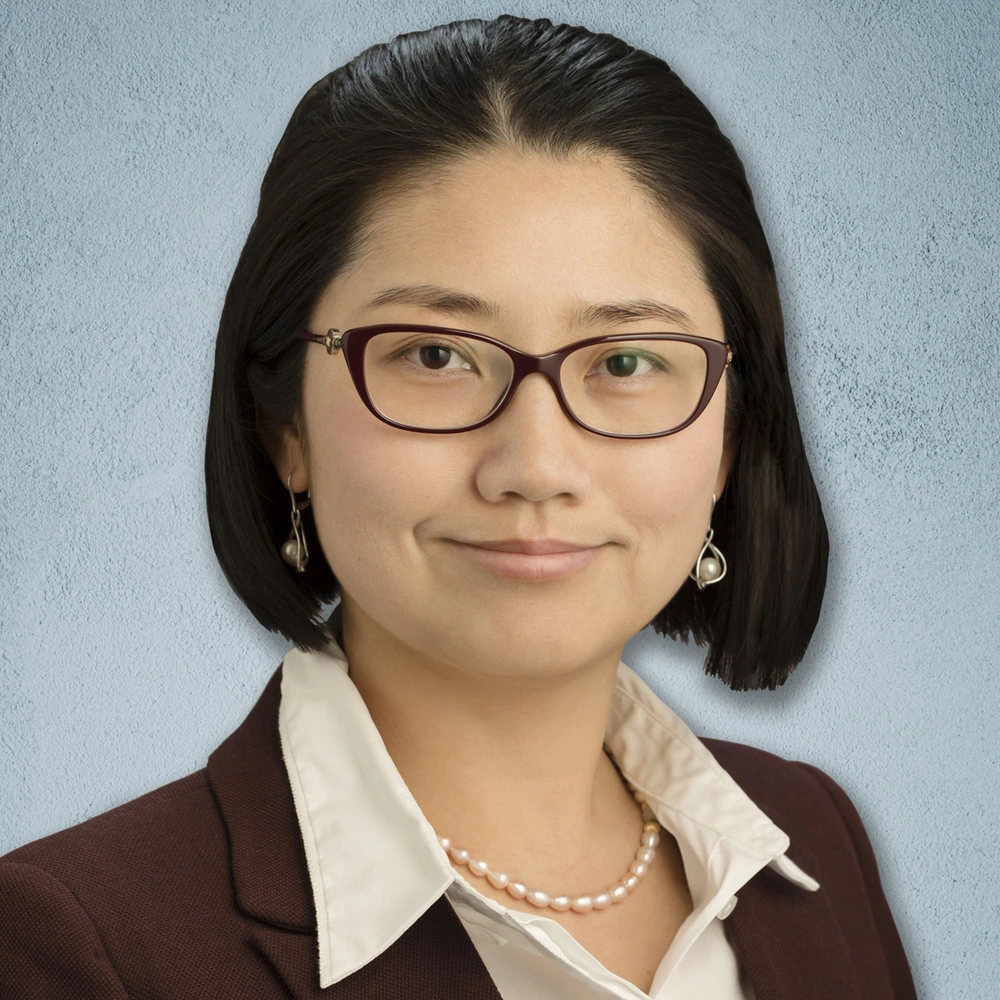
Chemistry professor Mei Shen is part of a team of researchers who have won a 2021 Scialog Collaborative Innovation Award for their project, Harnessing the Microbiome to Combat the Neurotoxic Effects of Dietary Mercury.
Research Corporation for Science Advancement, The Paul G. Allen Frontiers Group, and the Frederick Gardner Cottrell Foundation announced the awards totaling $770,000 to six multidisciplinary teams from the United States and Canada in the inaugural year of Scialog: Microbiome, Neurobiology and Disease. Each of the 14 individual researchers will receive $55,000.
The initiative brought together more than 50 scientists from a variety of disciplines to propose cutting-edge research to help transform our understanding of the gut-brain axis at the chemical, microbial, and immunological level.
“Better understanding this complex system and the role our microbiome plays in brain health and disease has huge potential to transform our lives and our societies,” said RCSA President & CEO Daniel Linzer. “Catalyzing projects that bring together creative, young researchers with diverse viewpoints and experience could pave the way for new discoveries.”
Shen researches nanoelectrochemistry, bioanalytical chemistry, neurotransmission, neurological disorders, gut-brain axis, and toxicology. Her research lab focuses on interfaces between state of art ultra-high resolution nano-electroanalytical chemistry and neurobiology.
Shen’s project will develop electrochemical sensors to probe the effects of mercury-metabolizing microbes on neurotransmission across the gut-brain axis, where temporal changes in neurotransmission dynamics will be interrogated using in vivo amperometry.
“Understanding the role of the gut microbiome in reducing monomethylmercury (MMHg) toxicity can lead to effective and non-invasive interventions that are needed to promote both adult and child health and decrease risk for neurocognitive and neurodevelopmental disease,” Shen said in her team’s research description.
Shen is affiliated with the Beckman Institute for Advanced Science and Technology, Bioengineering, and the Center for Biophysics and Quantitative Biology. Shen is one of two professors in the College of LAS to win Scialog Awards to study connections affecting brain health.
The inaugural meeting of the MND initiative was held virtually April 22–23, 2021. At the meeting, the group – which includes chemists, physicists, biologists and neurophysiologists – were guided by senior facilitators in identifying bottlenecks and opportunities to advance fundamental understanding of the gut-brain axis and the roles microbiota play in neurodegenerative disorders. They formed teams to write proposals for high-risk, high-reward collaborative research projects based on the ideas that emerged at the conference.
“We believe that interdisciplinary collaboration in biology is key to solving some of its biggest mysteries,” said Kathy Richmond, Senior Director of The Paul G. Allen Frontiers Group. “Key among them: How is the health of our gut related to the health of our brain? Right now, we don’t have a clear picture. By bringing together diverse teams from various fields of study, we know they’ll make discoveries that improve our understanding of this complex system.”